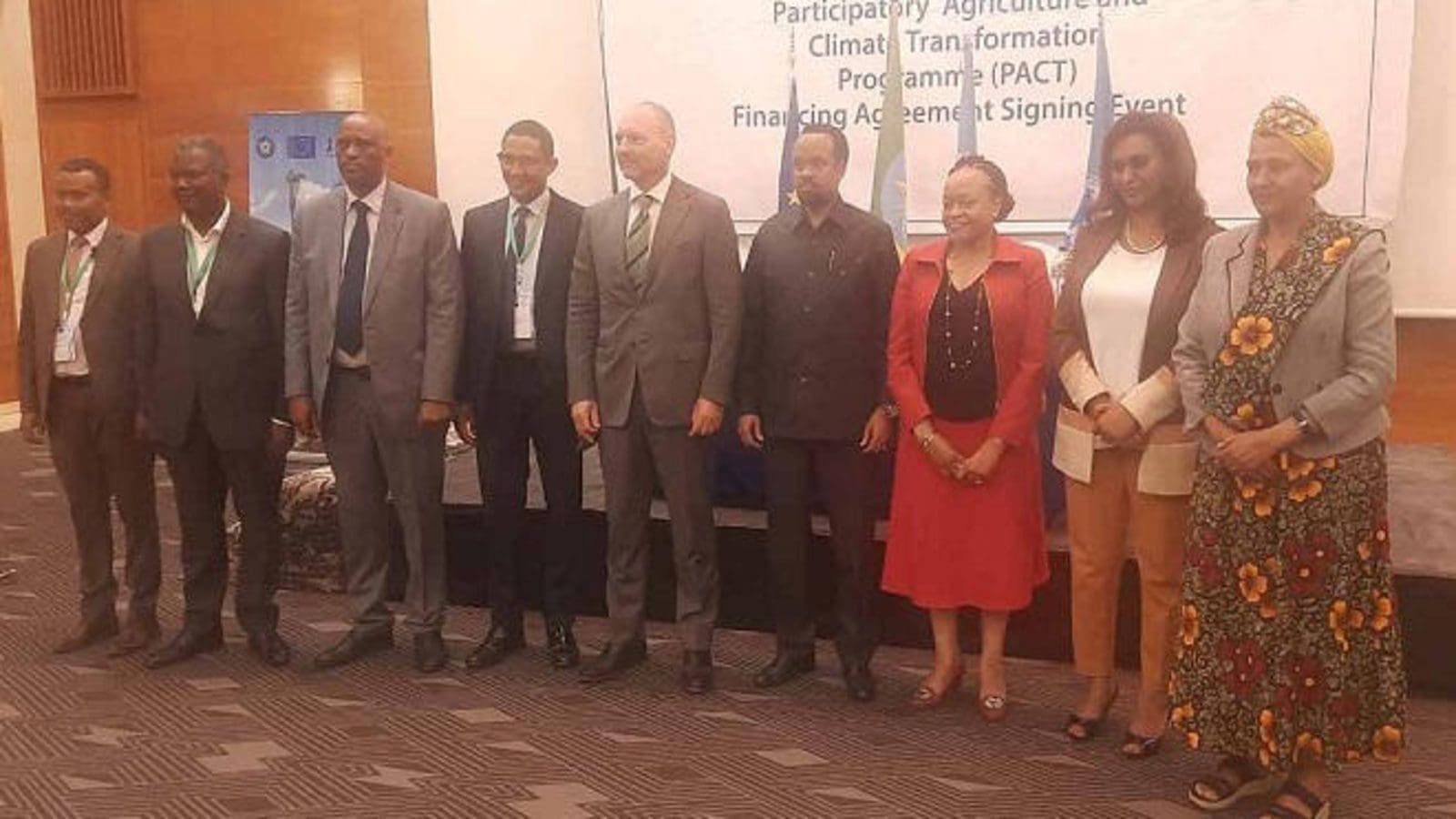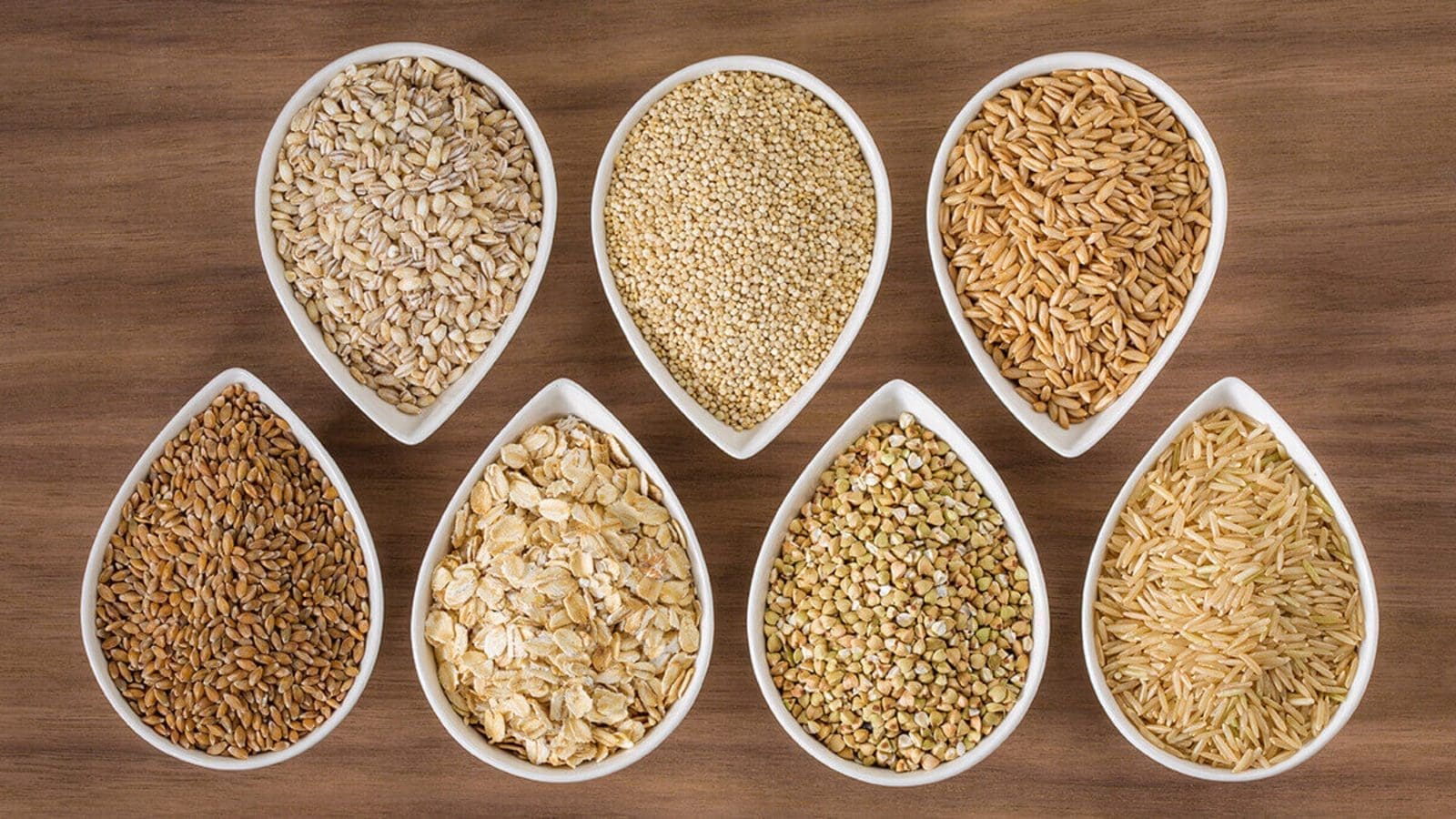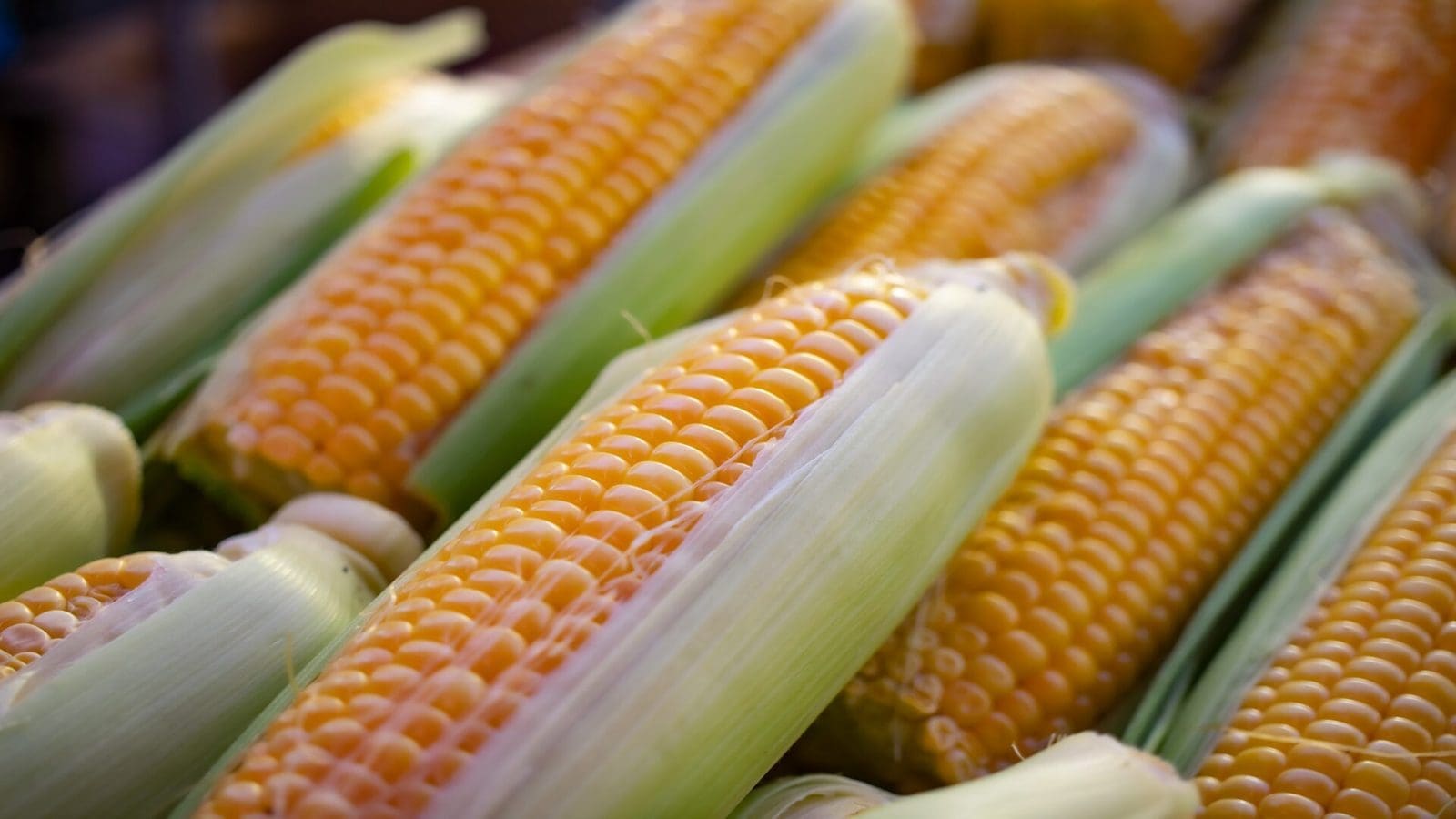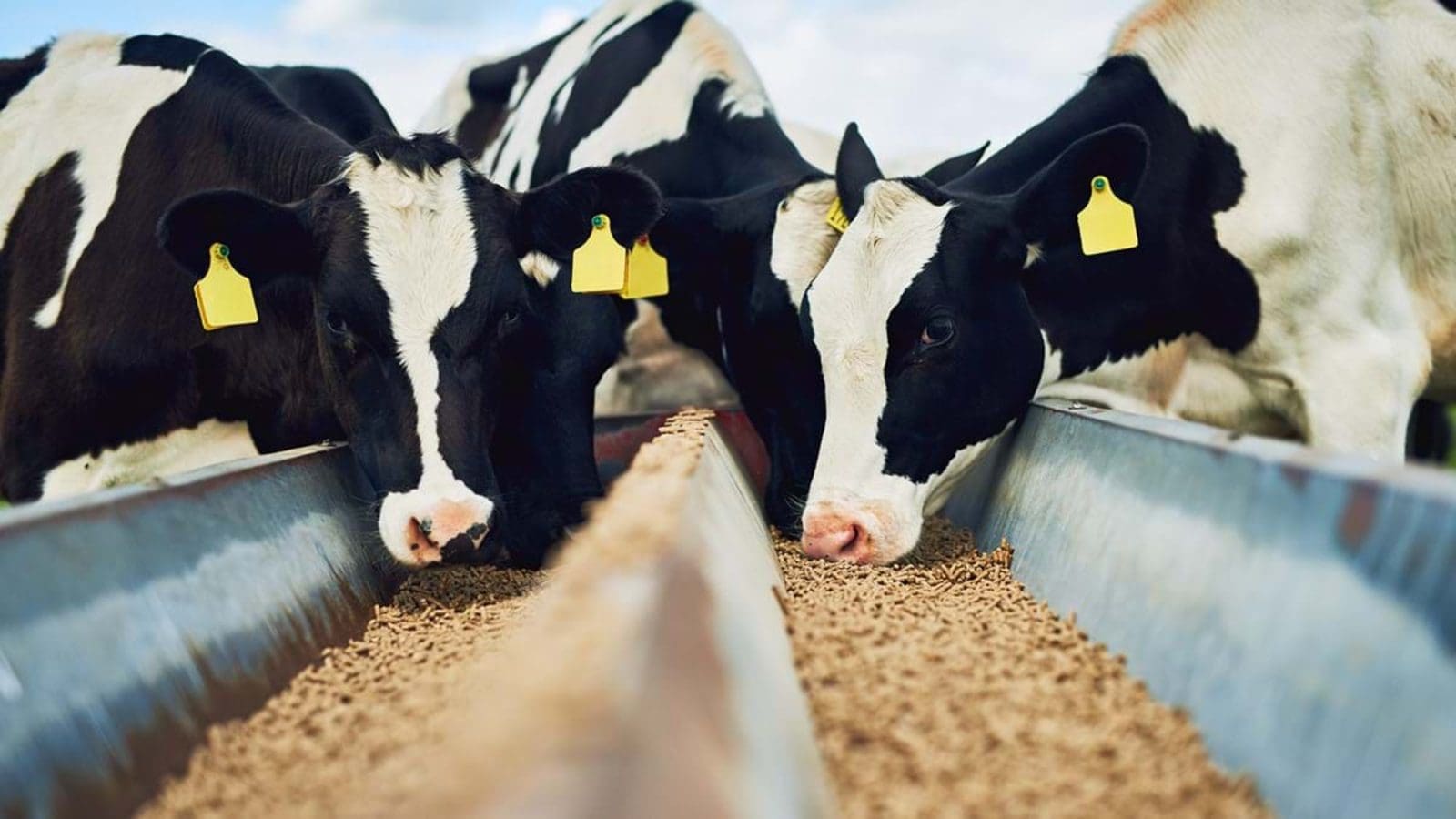ETHIOPIA – Ethiopia and International Fund for Agricultural Development (IFAD) have signed a grant agreement of US$106.4 million for the implementation of the participatory Agriculture and Climate Transformation (PACT) program in the country.
According to Ethiopia News Agency, Ahmed Shide, the Minister of Finance, and Sara Mbango-Bhunu the IFAD Regional Director of the Eastern and Southern Africa Division, signed the agreement.
It was revealed that the funding was provided by various development partners including IFAD US478.2M, the EU US$17.84M, and the ASAP Grant US$10.5M.
According to the ministry, the objective of the PACT program is to enable 15,000 rural households in selected kebles to sustainably improve incomes, food, and nutrition security and build resilience to climate shocks.
The PACT program, Shide unveiled, the targeted beneficiaries will focus on women, youth, and persons with disabilities.
The grant comes after Ethiopia announced that it has achieved self-sufficiency for the country’s staple, Wheat.
However, the country continues to boost agricultural production registering aggressiveness in raising the country’s agricultural produce in a bid to wean itself from exports, which were increasingly becoming unreliable.
For instance, the Agricultural Businesses Corporation (EABC) has been at the forefront in committing to distribute seeds to farmers as the country strives to become an exporter of agricultural produce in Africa.
The commitment marries with the recent report by USDA which noted that Ethiopia’s wheat production is expected at 7 million tonnes for the 2022/2023 season to mark an increase of 27% compared to the previous campaign.
USDA attributes the improvement in production to good distribution of rain in the main cropping areas coupled with the government’s support in the agricultural sector.
Earlier this week, Ethiopia also launched an Agriculture and Science exhibition at Science Museum in Addis Ababa under the theme “From the Lab to the Field where Prime Minister Abiy Ahmed stressed the need to ensure food security and increase export trade by boosting agricultural productivity.
The exhibition, which will be open for public viewing for consecutive weeks, is envisioned to emphasize the need to focus on innovative science and technology to transform the agricultural sector.
During the launch, Deputy Prime Minister and Minister of Foreign Affairs, Demeke Mekonnen underlined the need for more efforts to modernize Ethiopia’s agricultural development activities, noting that agriculture is the main economic source of the country and the backbone of other sectors as well.
For all the latest grains industry news from Africa, the Middle East and the World, subscribe to our weekly NEWSLETTERS, follow us on LinkedIn and subscribe to our YouTube channel










